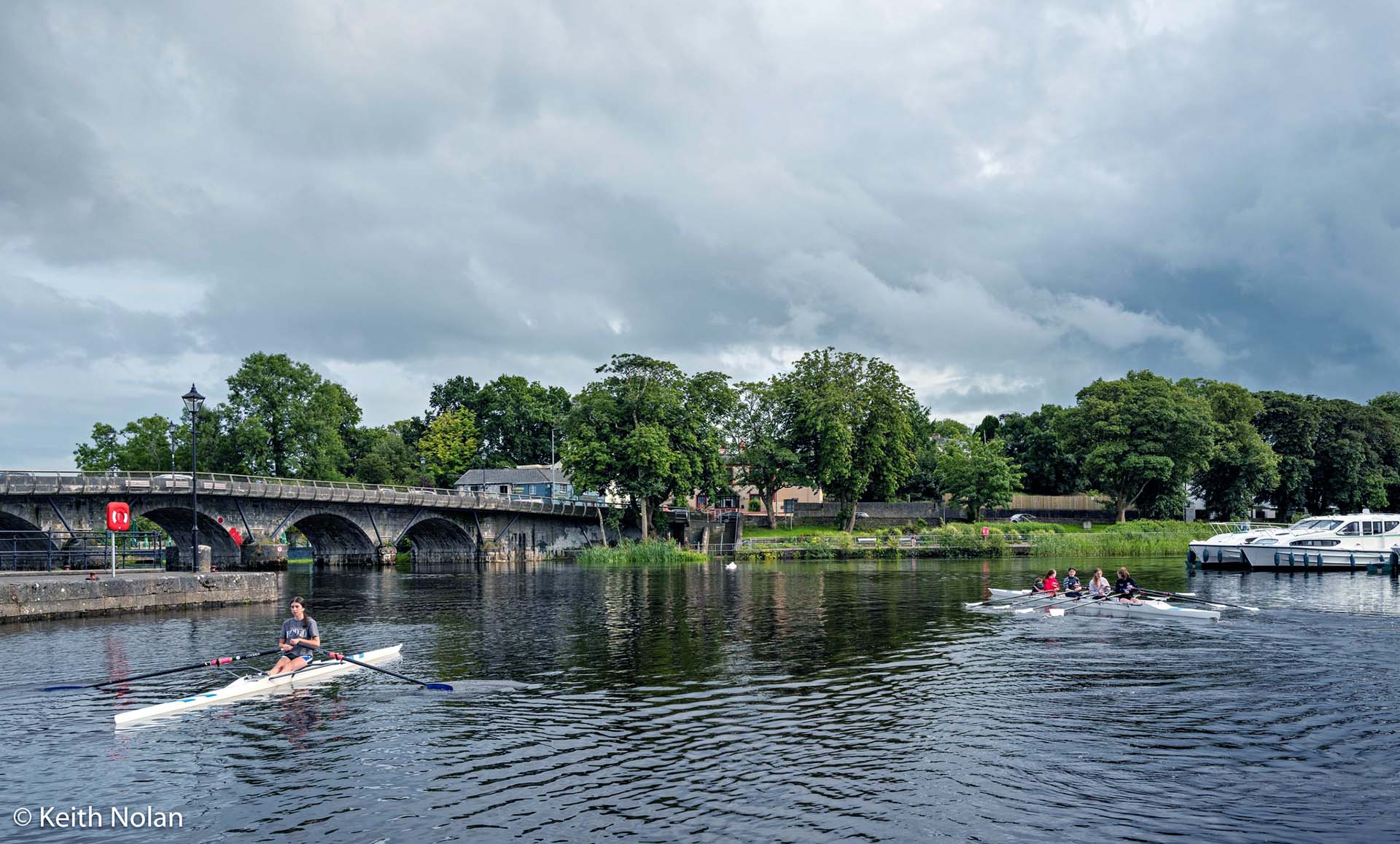Upon registering (which is free and easy) PPN Members are asked to categorise
themselves into one of three pillars. They then select the pillar that most closely
resembles the activity of their organisation:
Pillar 1: Community and Voluntary
Pillar 2: Social Inclusion
Pillar 3: Environment
Every PPN member organisation can only belong to one of these three pillars.
Social Inclusion Pillar
The main aim or activity of our Social Inclusion members is to improve the life chances and opportunities of those who are:
- Marginalised in Society
- Living in Poverty
- Living with Unemployment
They focus on working with the most marginalised, including but not limited to:
- Disadvantaged women, children, families and young people
- Lone parents
- Low income workers/households
- People living in disadvantaged areas
- People with disabilities
- Travellers and Roma
- The unemployed
- Socially excluded vulnerable older people
Community and Voluntary Pillar
The main aim or activity of our Community and Voluntary members is to improve the quality of life and wellbeing of their community. The Community and Voluntary pillar is the largest and most diverse of the three PPN pillars.
Volunteers are essential to the sustainability of Community and Voluntary member groups.
The types of groups in this pillar may include:
- Active Citizenship
- Arts
- Community Safety
- Drama
- Emergency Services
- Festivals
- Leisure
- Residents Associations
- Sports
- Tidy Towns
- Youth Clubs
The Environment Pillar
The main aim or activity of our Environment members is to protect or sustain the environment. The National Environmental pillar decides what type of groups can be members of the Leitrim environmental pillar. Environment members work on building sustainable communities and achieving a sustainable future.
Their work can include the following activities:
- Developing Organic Horticulture
- Environmental Education
- Preventing the spread of invasive species
- Protecting Wildlife
- Recycling
- Resource Efficiency
- Sustainable Planning
